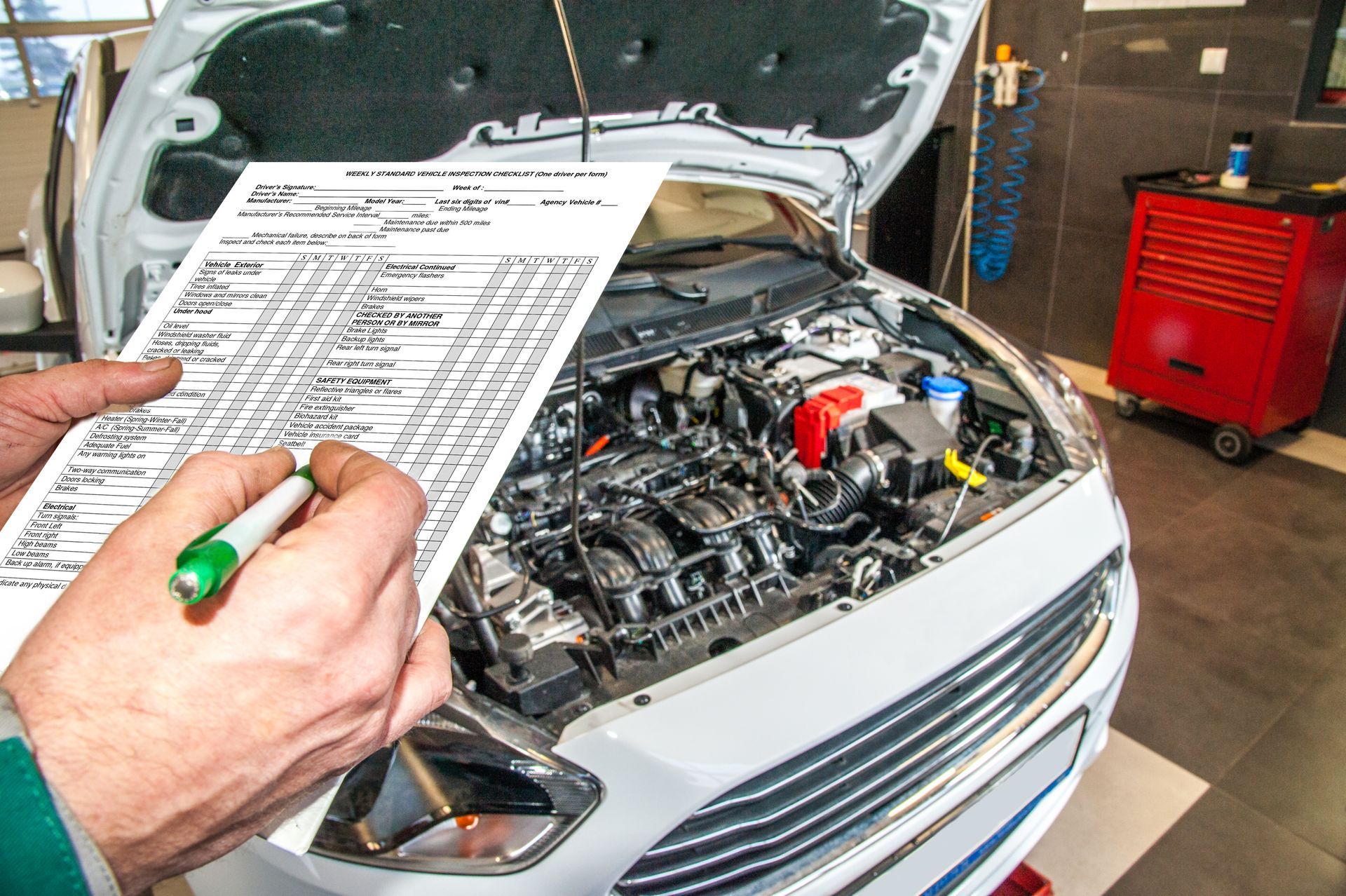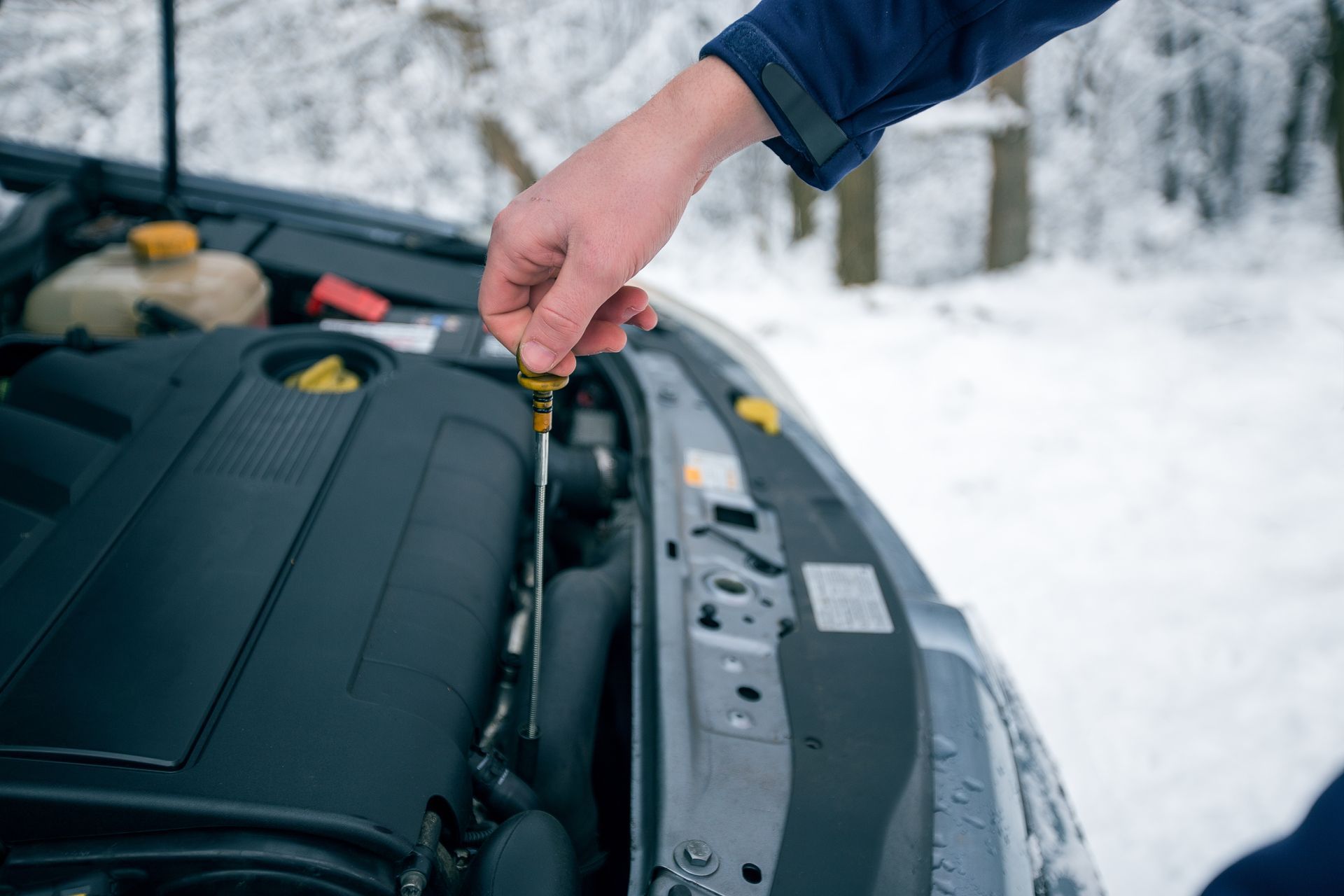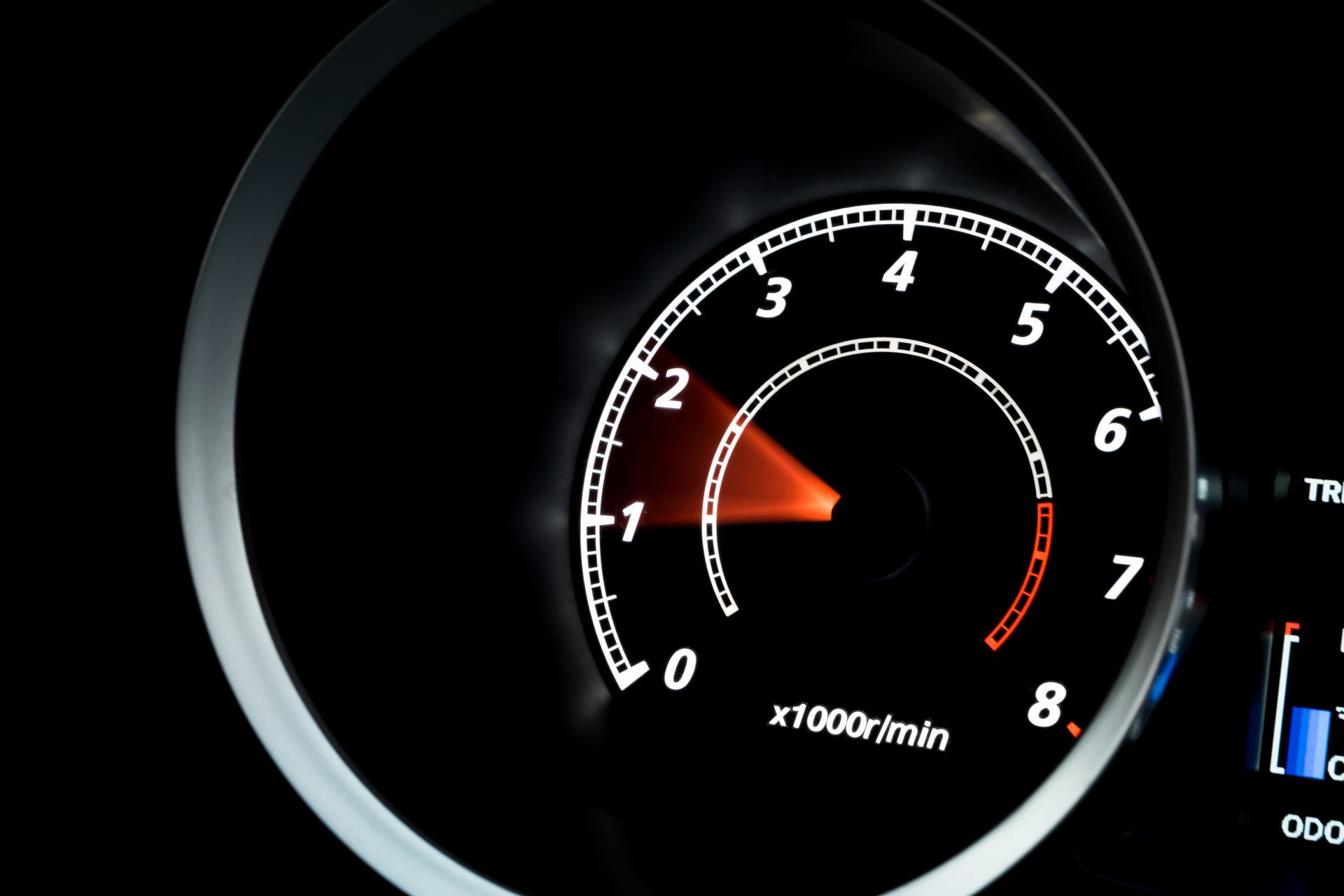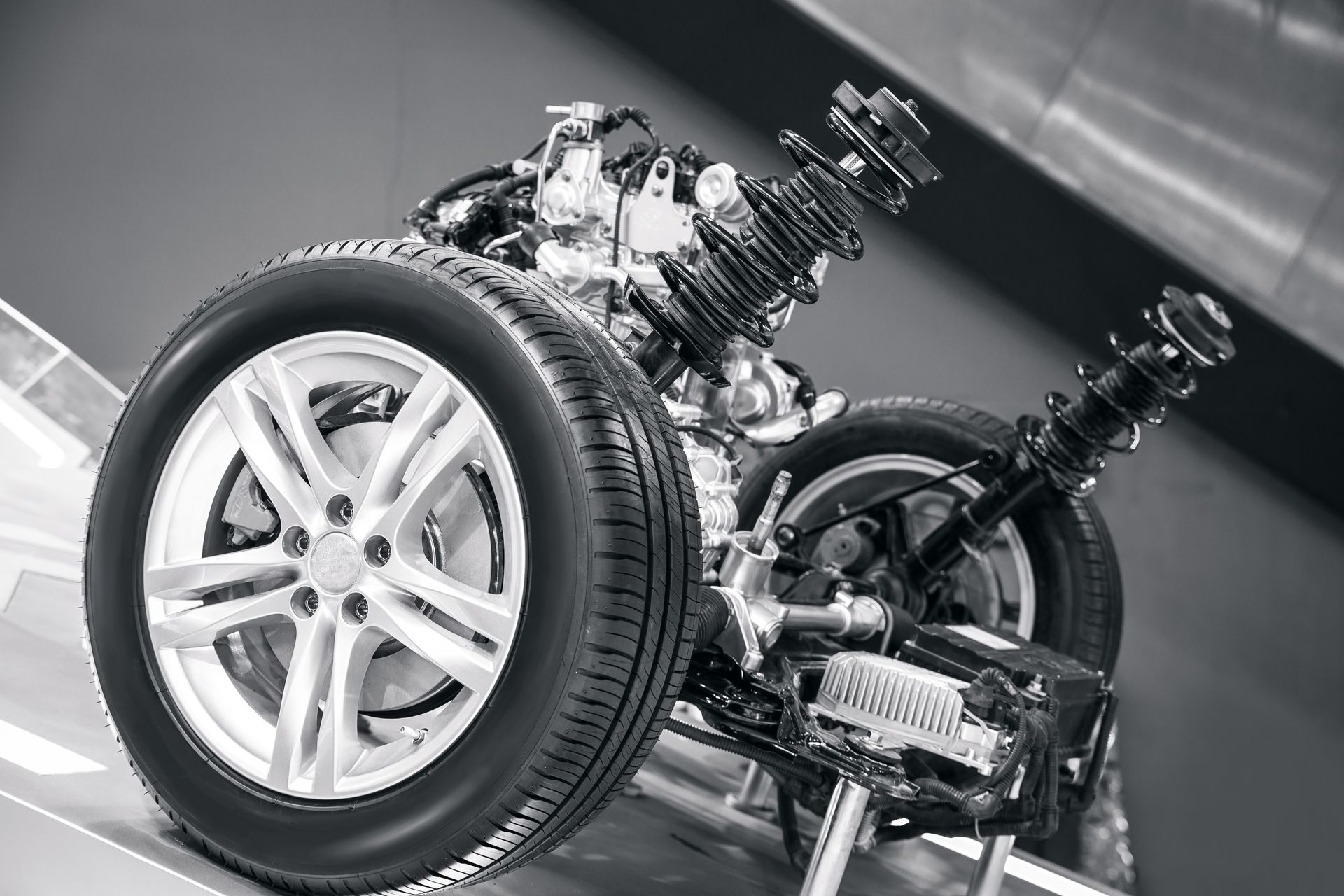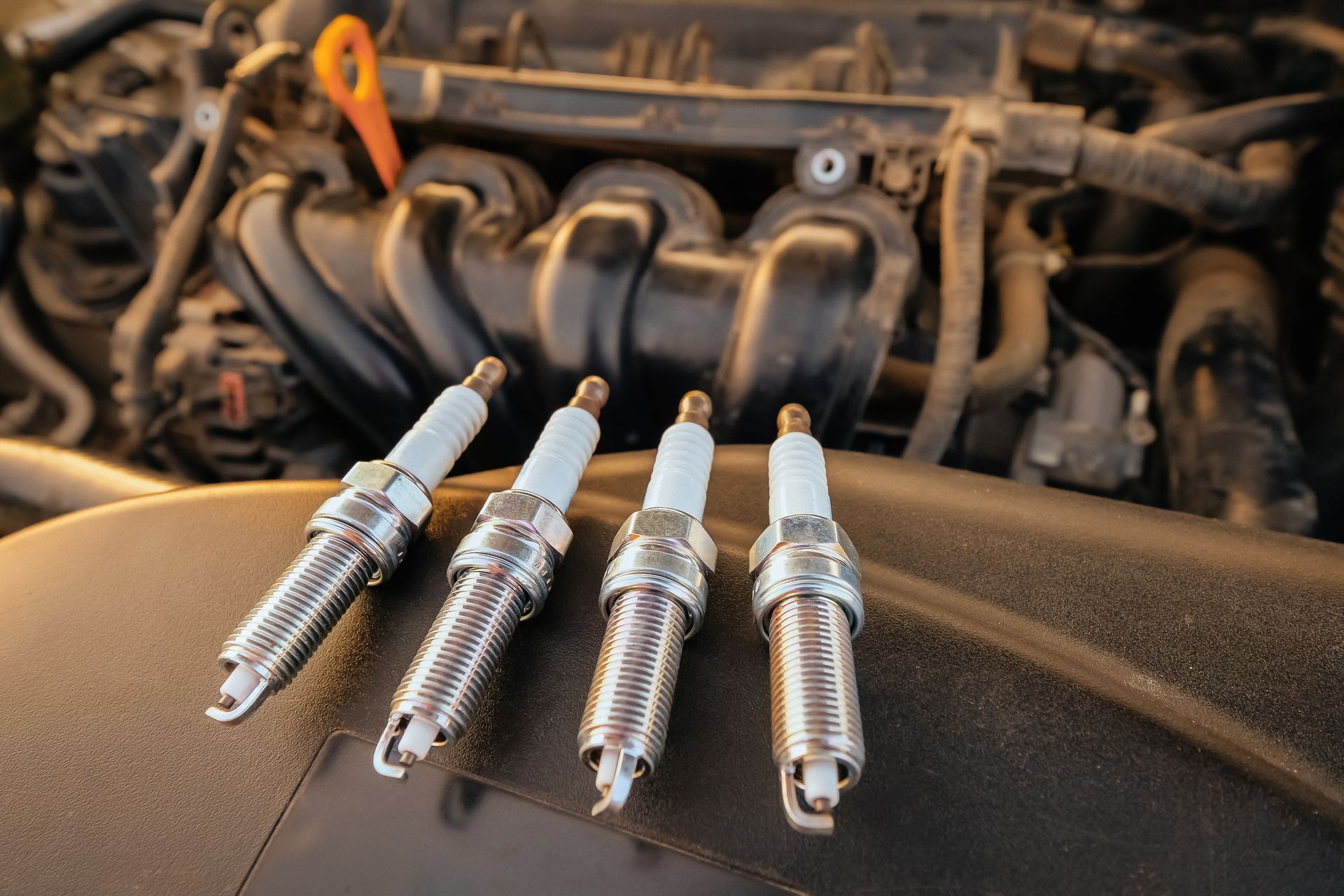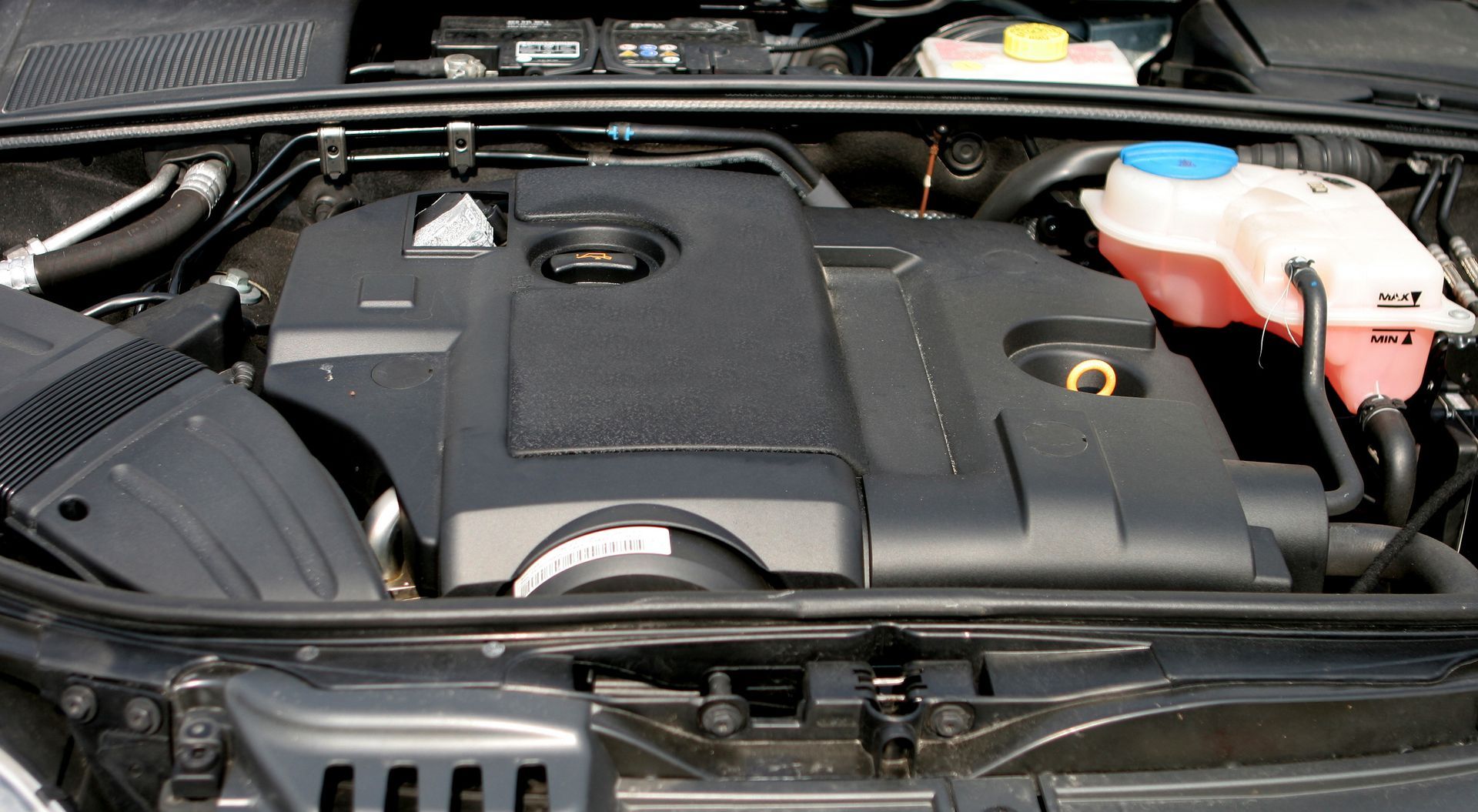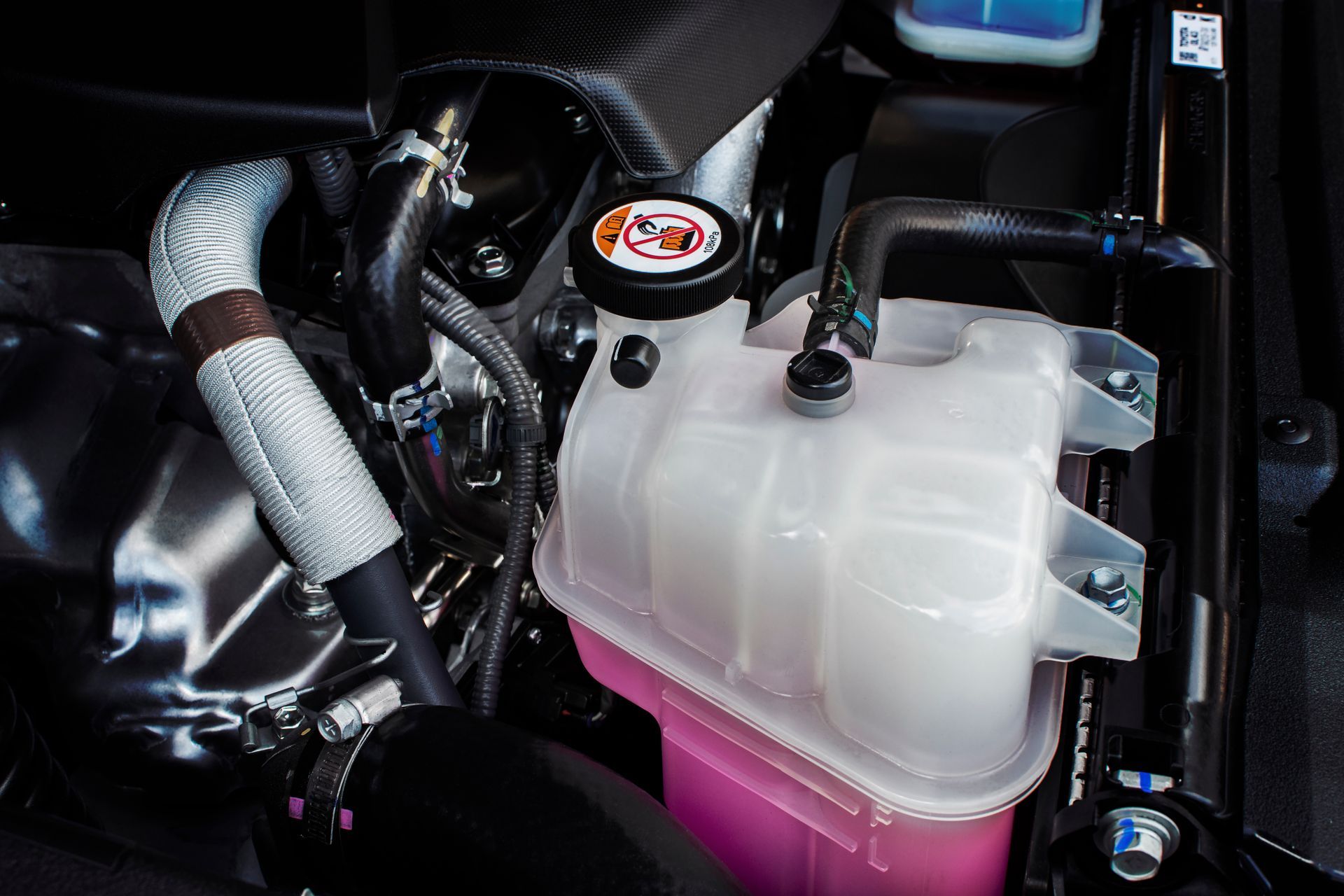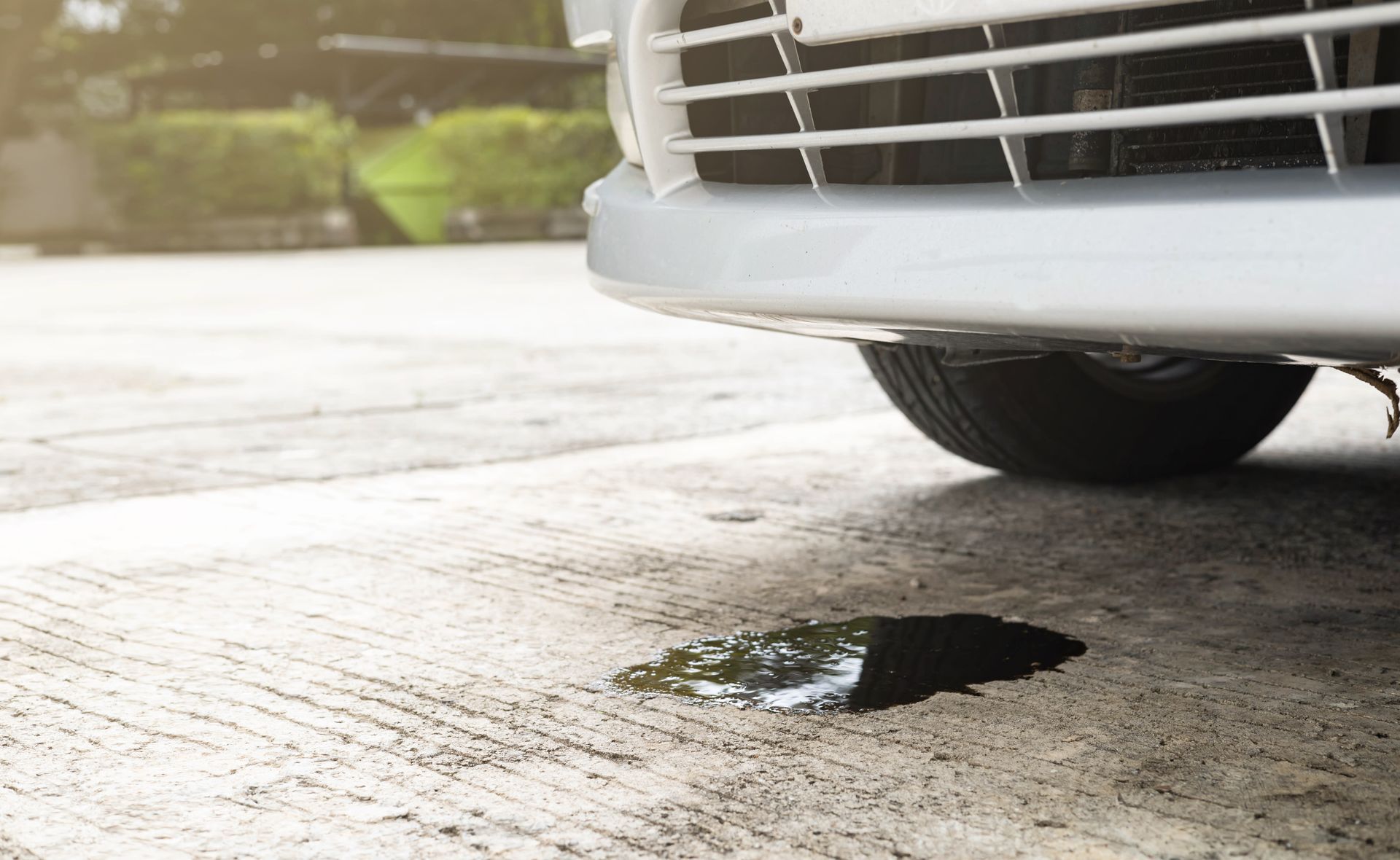The speedometer is a vital component of every vehicle, providing crucial information about a car's speed to the driver. Therefore, a malfunctioning speedometer can lead to potential dangers on the road, compromising both the driver's safety and that of others. In this article, you will find info about why it's important, reasons for it to start malfunctioning, and the dangers of a malfunctioning speedometer - read along if that sounds interesting!
|The Importance of Speedometers
Speedometers are designed to keep drivers informed about their vehicle's speed, allowing them to adhere to speed limits and drive safely within prevailing road conditions. Knowing how fast one is traveling is essential for maintaining control, adjusting driving habits, and avoiding potential accidents. This is especially important when driving on a highway because high speeds can trick you into thinking that you are going much slower than your actual speed.
|The Dangers of a Malfunctioning Speedometer
Reduced Awareness
A malfunctioning speedometer deprives the driver of real-time speed information, reducing their awareness of their driving speed. This can lead to unintentional speeding, as the driver may be unaware that they are exceeding the speed limit, potentially attracting traffic violations or increasing the risk of accidents.
Impaired Driving Behavior
Without a functioning speedometer, drivers may struggle to gauge their driving behavior properly. They may unintentionally drive too slowly or too fast, disrupting the flow of traffic and posing a hazard to themselves and other road users.
Increased Risk of Accidents
A malfunctioning speedometer may lead to erratic driving patterns and an inability to adapt to changing traffic conditions promptly. These factors increase the likelihood of accidents, as drivers may not be able to adjust their speed in response to road hazards, traffic slowdowns, or approaching intersections.
Inaccurate Distance and Time Calculations
Speedometers also play a role in calculating distances traveled and estimated arrival times. A malfunctioning speedometer could lead to inaccurate calculations, causing drivers to misjudge travel times and making it challenging to plan trips effectively.
|Why Can My Speedometer Start Malfunctioning?
Let's start out with the speed sensor. The speed sensor is responsible for detecting the rotational speed of the vehicle's wheels and providing input to the speedometer. If it fails or malfunctions, it can lead to inaccurate or no speed readings on the speedometer. Another reason can be damage to the wiring or connectors associated with the speedometer - this can disrupt the flow of information from the speed sensor, resulting in erratic or no readings on the speedometer display. Relays and other connected or dependent systems can also cause it to have issues, so the best thing you can do is check all the electrics at a shop.
If your speedometer is having issues or you suspect some electrical problems, you are more than welcome to come by our shop! Gibbon
Tire and Auto will be happy to help at any time!
